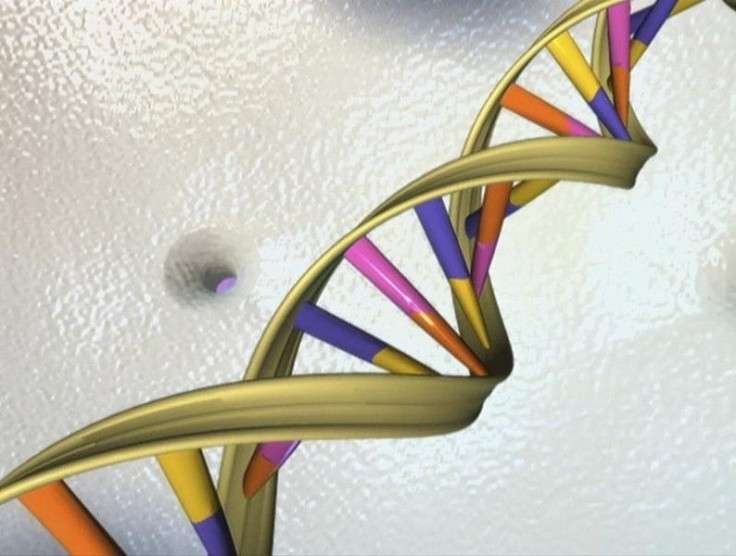Genetic Variants Play A Role In Shaping Child’s Mathematical Skills: Study

A new study has suggested that the presence of certain types of genetic variants can greatly impact a child’s mathematical skills.
In the study, published in the journal Genes Brain & Behaviour, doctors have pinpointed the gene variants that are the driving force behind a child’s stronghold in a particular mathematical genre.
The genome-wide association study was conducted on 1,146 students from Chinese elementary schools to understand which mathematical ability was unique to a particular child. Using the famous Heidelberg test, researchers analyzed 11 areas of mathematics, as well as 585 SNPs (single nucleotide genetic variants) that are known to be associated with general mathematical ability for the categories.
They found that seven single nucleotide genetic variants factored in how well the children performed in a few verticals such as calculation ability, logical reasoning, spatial ability, and applied mathematics.
The study's lead author, Liming Zhang of Shaanxi Normal University, said there have been innumerable researches on how genetics regulate general mathematical ability, but this is the first time specific mathematical ability categories became the focus of research.
“Mathematical ability is moderately heritable, and it is a complex trait that can be evaluated in several different categories. A few genetic studies have been published on general mathematical ability. However, no genetic study focused on specific mathematical ability categories,” Zhang wrote in the study.
Among the seven SNPs, three genes are said to have a stronger connection to specific mathematical ability categories. For example, variants in LINGO2 affected the children’s subtraction ability. Furthermore, researchers claimed they also found a few other gene sets that impact addition, division, magnitude perception, and spatial conception abilities.
“The most significant variant associated with mathematical reasoning ability was rs34034296. This single nucleotide polymorphism is located in the desert region of the genome. The nearest gene to this locus is CSMD3. Researchers have reported copy number variants (CNVs) of CSMD3 in patients with schizophrenia and autism,” wrote the scientists.
“Autism and developmental dyscalculia are neurodevelopmental disorders, and they have comorbidities. We for the first time show that these genes are directly associated with mathematical ability.”
Study co-author Professor Jingjing Zhao the study gave tangible proof that different mathematical abilities are linked to different genetic structures. “This study not only refined genome-wide association studies of mathematical ability but also added some population diversity to the literature by testing Chinese children,” he noted.
Published by Medicaldaily.com



























